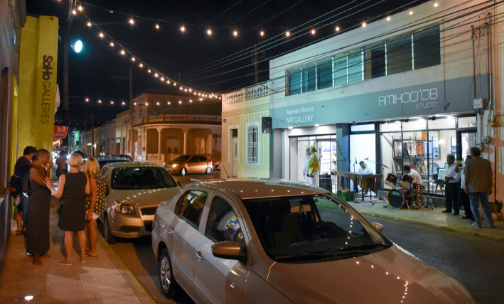
Name
Country: Name
Continent: Name
Population: xxx
Restaurants & Food Establishments: 1
Designation Year: xxx
EXPLORE MORE
Cities of Gastronomy
About
The UCCN is currently formed by 350 cities and covers seven creative fields: Crafts & Folk Art, Design, Film, Gastronomy, Literature, Music and Media Arts. Since the field was introduced to the UCCN in 2005, the Gastronomy subnetwork has grown to a total of 56 designated Cities of Gastronomy in 34 countries and 68.6 million habitants.
LEARN MORE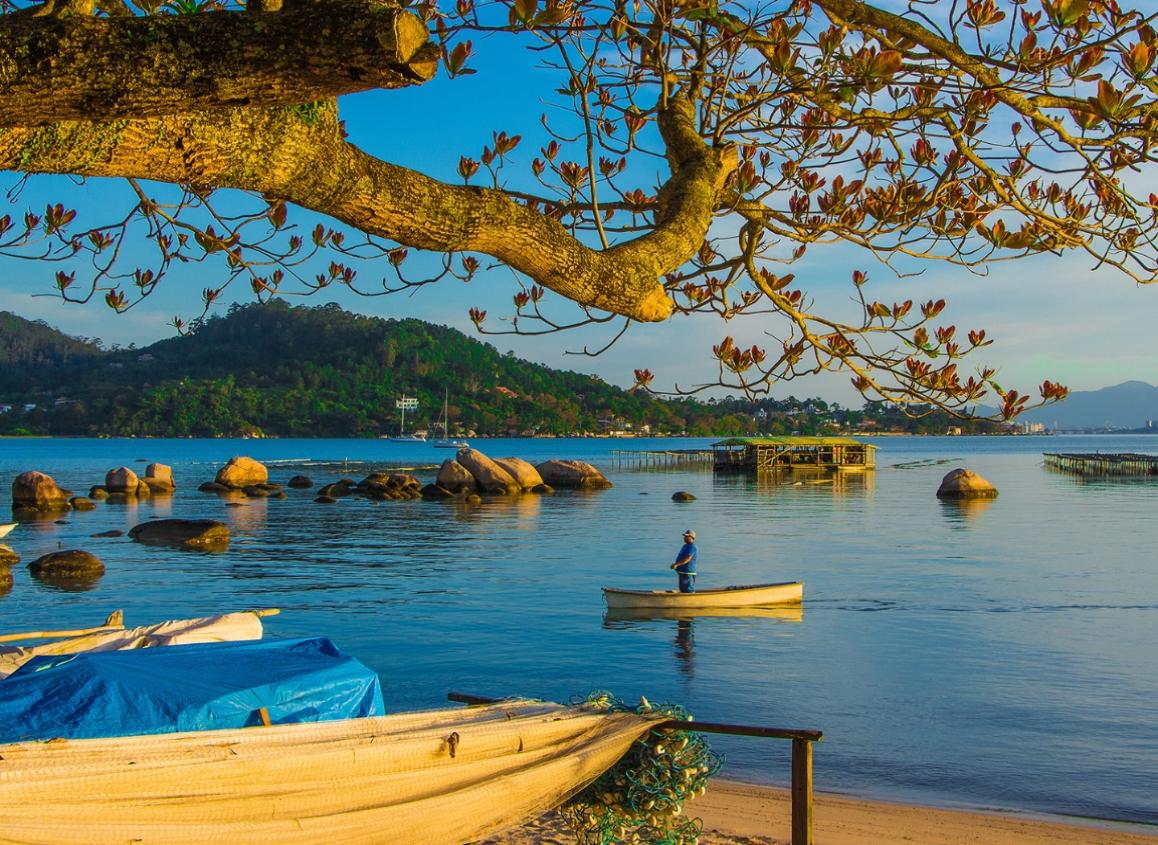
Benefits of becoming a UNESCO Creative City of Gastronomy
The members of the UNESCO Creative Cities Network will have the opportunity to learn, get inspired, and partner with other member cities in the following key areas of action (UCCN Mission Statement):
- sharing experiences, knowledge, and best practices;
- pilot projects, partnerships, and initiatives associating the public and private sectors, and civil society;
- professional and artistic exchange programmes and networks;
- studies, research, and evaluations on the experience of the Creative Cities;
- policies and measures for sustainable urban development;
- communication and awareness-raising activities.
How can a city join the UNESCO Creative Cities Network?
The UCCN makes a Call for Applications every 2 years. Next Call will be in 2025 and it will be available to every city through the UNESCO website.
EXPLORE MORERecent initiatives
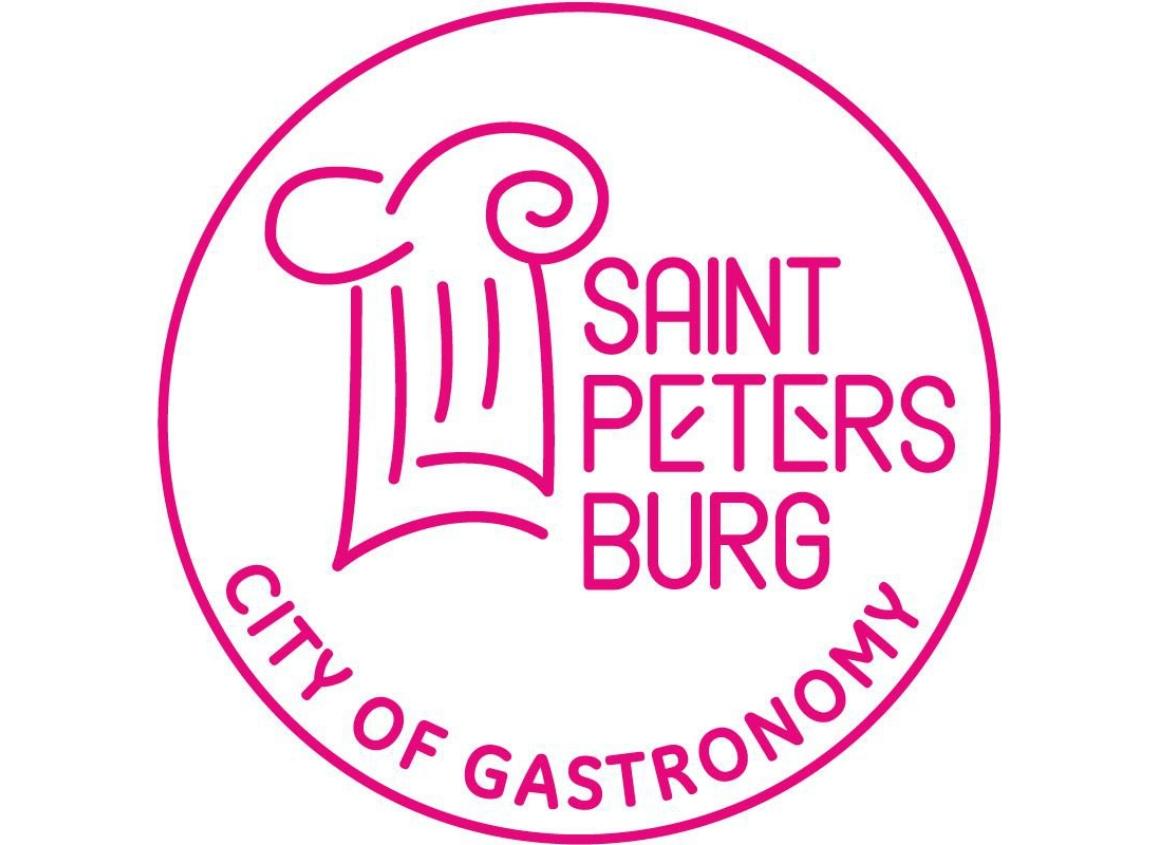
St. Petersburg breakfast
«St. Petersburg Breakfast» is an important part of the «St. Petersburg Cuisine» project. It is the largest Saint Petersburg restaurant project of the Committee for Tourism development of Saint Petersburg, St. Petersburg Convention Bureau and the electronic portal Fontanka.ru. Within the framework of the project, restaurant festivals are held, during which the city's establishments offer a fashionable and modern menu «St. Petersburg Breakfast». Many dishes on these menus are related to the history of the city by biographies of its famous inhabitants, and even characters in literary works. Expected outcomes: The goal of the «St. Petersburg Breakfast» project is to promote Saint Petersburg as the culinary capital of Russia, to form a unique gastronomic image of the city, as well as to increase the tourist attractiveness of Saint Petersburg for foreign and Russian guests. In addition, the idea of the project is to acquaint guests with the history of the city through unique recipes, for example, through dishes related to the culinary preferences of prominent historical figures of Russia. As a brand, «St. Petersburg Breakfast» is important not only for guests, but also for citizens, in particular young people, to preserve and maintain urban traditions rooted in the history of Saint Petersburg. The project should be associated not only with dishes, but also with their aesthetic perception, reflecting the Saint Petersburg style. Supplementary Information Within the framework of the «St. Petersburg Breakfast» 2 Gastronomic festivals were held. Each of the restaurants prepared two dishes: the first was mandatory («Pancakes from Arina Rodionovna» or «Leningrad crumpets»), the second was chosen by the chef himself. The final of the festival was a gastronomic competition in which 12 chefs participated. In 2023, 99 restaurants took part in the 1st Gastronomic festival. In September 2024, Saint Petersburg hosted the 2nd «St. Petersburg Breakfast» Festival, which was attended by 130 restaurants, cafes, pastry shops and bistros. The event was dedicated to the 225th anniversary of Alexander Pushkin. The participants of the event received technological maps for cooking the «St. Petersburg Breakfast» series, which include a list of ingredients and recipes for famous porridges, pancakes and cheesecakes, as well as Saint Petersburg specialty snacks. Unified technological maps are recognized as an important basis for the development and promotion of the project, while each chef has the right to create their own original interpretation of dishes. The idea of the project is for tourists to be able not only to taste dishes prepared at a high level, but also to learn the culinary preferences of prominent historical figures of Russia. For example, pancakes were named after Alexander Pushkin's nanny, Arina Rodionovna. Target audience: Residents, Visitors, Press & media. Partners: Government, Private sector, Culinary Schools, Press, and other partners. This is an ongoing project.
Type of Activity:
Best Practice, Communication, Cooperation Project, Event, News, Open Call, Policies, Studies & Research & Evaluations
Read More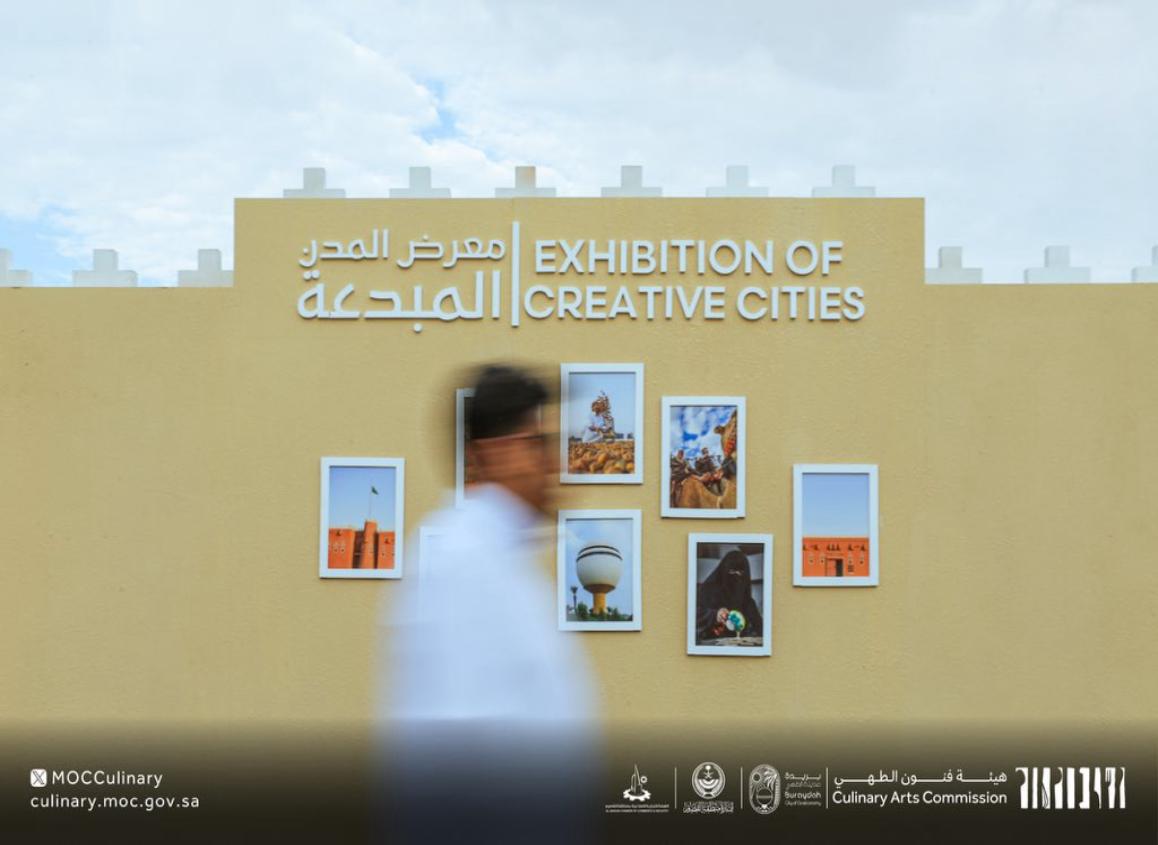
Creative Cities of Gastronomy Exhibition
From September 11 to 15, Buraydah hosted the Creative Cities of Gastronomy Exhibition in collaboration with the Culinary Arts Commission. The event showcased 22 UNESCO Creative Cities of Gastronomy from around the world, highlighting their rich culinary traditions through live cooking demonstrations. Each participating city presented its unique dishes in dedicated pavilions, allowing visitors to taste local specialties, interact with chefs, and discover the ingredients and techniques that define each city's culinary identity. A special pavilion focused on Buraydah’s contributions to the UNESCO Creative Cities Network, emphasizing its history and cultural heritage. The exhibition also featured sections dedicated to Saudi coffee and dates, showcasing Buraydah’s renowned food culture. This celebration not only promoted Buraydah as a gastronomic destination but also facilitated cultural exchange between the participating creative cities. Expected Outcomes: The exhibition aims to foster cultural exchange by showcasing the culinary heritage of 22 cities, highlighting their diverse traditions and unique ingredients, and showcasing Buraydah’s cuisine on the global stage while exploring innovative techniques and engaging visitors with talented chefs and time-honored culinary practices that define each city. Targuet Audience: Residents, Visitors, Press & media. Partners: Government, Private sector.
Type of Activity:
Best Practice, Communication, Cooperation Project, Event, News
Read More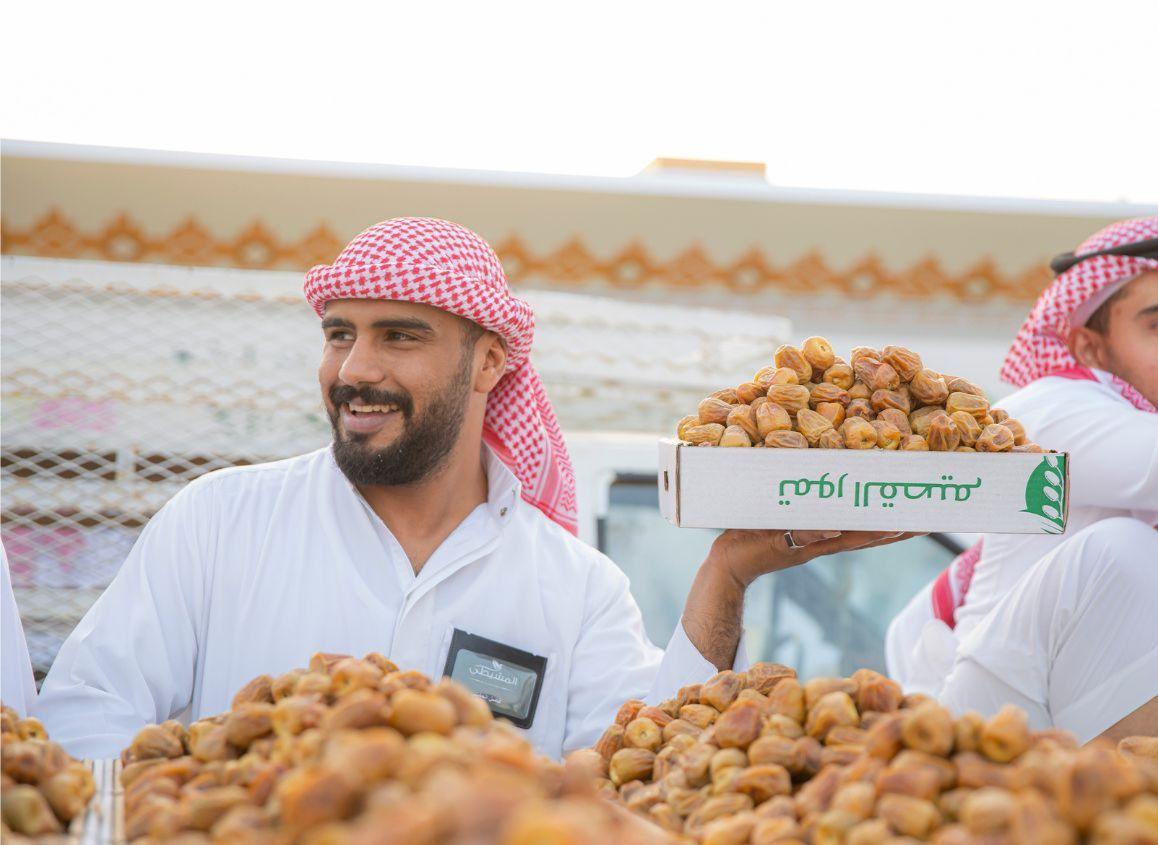
Buraydah Dates Carnival
Buraydah organizes an annual date carnival starting in August, celebrating the cultural and gastronomic heritage of dates while fostering economic and social development. Known as “the golden season” by farmers, this festival lasts two to three months and serves as a platform to highlight the cultural significance and economic potential of Saudi Arabia’s date industry. The carnival spotlights Saudi Arabia’s golden jewels and brings with it numerous cultural and economic opportunities, including thousands of seasonal jobs for youths, local farmers, and productive families, reflecting the festival’s commitment to empowering communities and promoting inclusive growth. The carnival also positions Buraydah as an agricultural tourist destination, offering a wide range of activities to ensure a remarkable experience for visitors and establish a hub for innovations in agricultural techniques in terms of production quality and environmental protection. Expected outcomes: The carnival aims to preserve the cultural heritage of dates while reinforcing the market growth, promoting Buraydah as an agricultural and tourist destination, and supporting the local community. The carnival also encourages agricultural innovation and contributes to sustainable development. Target audicence: Residents, NGO's, Academic institutions & research centres, Visitors, Press & media. Partners: Government, NGOs, Private sector, Universities or research centres, Press. This is an ongoing project.
Type of Activity:
Best Practice, Cooperation Project, Event
Read More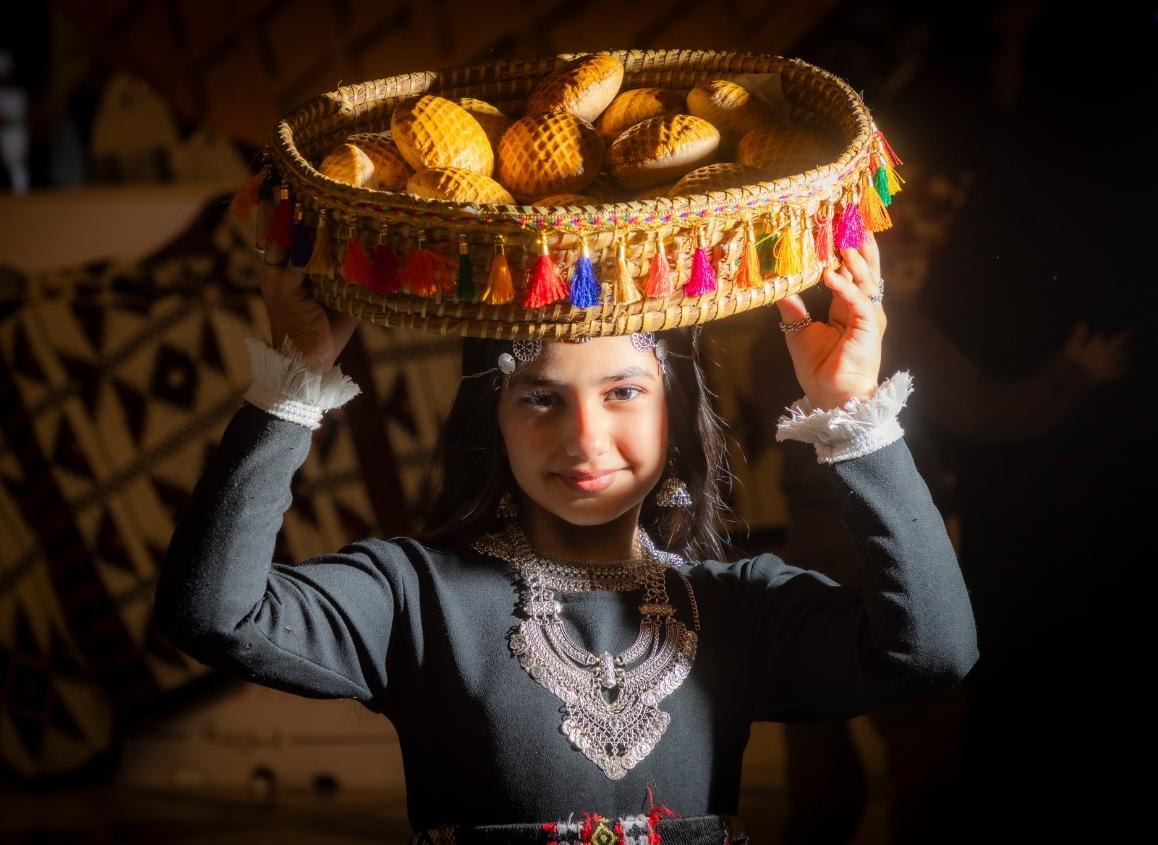
Kleija Festival
The Kleija Festival first took place in 2009, with a mission to celebrate and promote Buraydah's traditional cuisine while supporting local families and showcasing their products. Named after the beloved Kleija pastry, a symbol of the city’s culinary heritage, the festival has grown into a cherished annual tradition in the heart of Buraydah. Organized by Qassim Chamber of Commerce and Industry, it aims to preserve the cultural heritage of the region while creating economic opportunities for local families. The festival also features a rich lineup of activities, including folkloric performances, handmade crafts, and art displays, turning Buraydah into a hub of culture and creativity. Expected outcomes: The festival aims to preserve and revive cultural heritage, support and market productive families, and promote sustainable practices. By encouraging best practices and fostering economic growth, the festival plays a key role in enhancing quality of life, making it a vital event for the community. Target Audience: Residents and visitors. This is an ongoing project. Partners: Government and Private Sector.
Type of Activity:
Best Practice, Event
Read MoreNews

St. Petersburg breakfast
«St. Petersburg Breakfast» is an important part of the «St. Petersburg Cuisine» project. It is the largest Saint Petersburg restaurant project of the Committee for Tourism development of Saint Petersburg, St. Petersburg Convention Bureau and the electronic portal Fontanka.ru. Within the framework of the project, restaurant festivals are held, during which the city's establishments offer a fashionable and modern menu «St. Petersburg Breakfast». Many dishes on these menus are related to the history of the city by biographies of its famous inhabitants, and even characters in literary works. Expected outcomes: The goal of the «St. Petersburg Breakfast» project is to promote Saint Petersburg as the culinary capital of Russia, to form a unique gastronomic image of the city, as well as to increase the tourist attractiveness of Saint Petersburg for foreign and Russian guests. In addition, the idea of the project is to acquaint guests with the history of the city through unique recipes, for example, through dishes related to the culinary preferences of prominent historical figures of Russia. As a brand, «St. Petersburg Breakfast» is important not only for guests, but also for citizens, in particular young people, to preserve and maintain urban traditions rooted in the history of Saint Petersburg. The project should be associated not only with dishes, but also with their aesthetic perception, reflecting the Saint Petersburg style. Supplementary Information Within the framework of the «St. Petersburg Breakfast» 2 Gastronomic festivals were held. Each of the restaurants prepared two dishes: the first was mandatory («Pancakes from Arina Rodionovna» or «Leningrad crumpets»), the second was chosen by the chef himself. The final of the festival was a gastronomic competition in which 12 chefs participated. In 2023, 99 restaurants took part in the 1st Gastronomic festival. In September 2024, Saint Petersburg hosted the 2nd «St. Petersburg Breakfast» Festival, which was attended by 130 restaurants, cafes, pastry shops and bistros. The event was dedicated to the 225th anniversary of Alexander Pushkin. The participants of the event received technological maps for cooking the «St. Petersburg Breakfast» series, which include a list of ingredients and recipes for famous porridges, pancakes and cheesecakes, as well as Saint Petersburg specialty snacks. Unified technological maps are recognized as an important basis for the development and promotion of the project, while each chef has the right to create their own original interpretation of dishes. The idea of the project is for tourists to be able not only to taste dishes prepared at a high level, but also to learn the culinary preferences of prominent historical figures of Russia. For example, pancakes were named after Alexander Pushkin's nanny, Arina Rodionovna. Target audience: Residents, Visitors, Press & media. Partners: Government, Private sector, Culinary Schools, Press, and other partners. This is an ongoing project.
Type of Activity:
Best Practice, Communication, Cooperation Project, Event, News, Open Call, Policies, Studies & Research & Evaluations
Read More
Creative Cities of Gastronomy Exhibition
From September 11 to 15, Buraydah hosted the Creative Cities of Gastronomy Exhibition in collaboration with the Culinary Arts Commission. The event showcased 22 UNESCO Creative Cities of Gastronomy from around the world, highlighting their rich culinary traditions through live cooking demonstrations. Each participating city presented its unique dishes in dedicated pavilions, allowing visitors to taste local specialties, interact with chefs, and discover the ingredients and techniques that define each city's culinary identity. A special pavilion focused on Buraydah’s contributions to the UNESCO Creative Cities Network, emphasizing its history and cultural heritage. The exhibition also featured sections dedicated to Saudi coffee and dates, showcasing Buraydah’s renowned food culture. This celebration not only promoted Buraydah as a gastronomic destination but also facilitated cultural exchange between the participating creative cities. Expected Outcomes: The exhibition aims to foster cultural exchange by showcasing the culinary heritage of 22 cities, highlighting their diverse traditions and unique ingredients, and showcasing Buraydah’s cuisine on the global stage while exploring innovative techniques and engaging visitors with talented chefs and time-honored culinary practices that define each city. Targuet Audience: Residents, Visitors, Press & media. Partners: Government, Private sector.
Type of Activity:
Best Practice, Communication, Cooperation Project, Event, News
Read More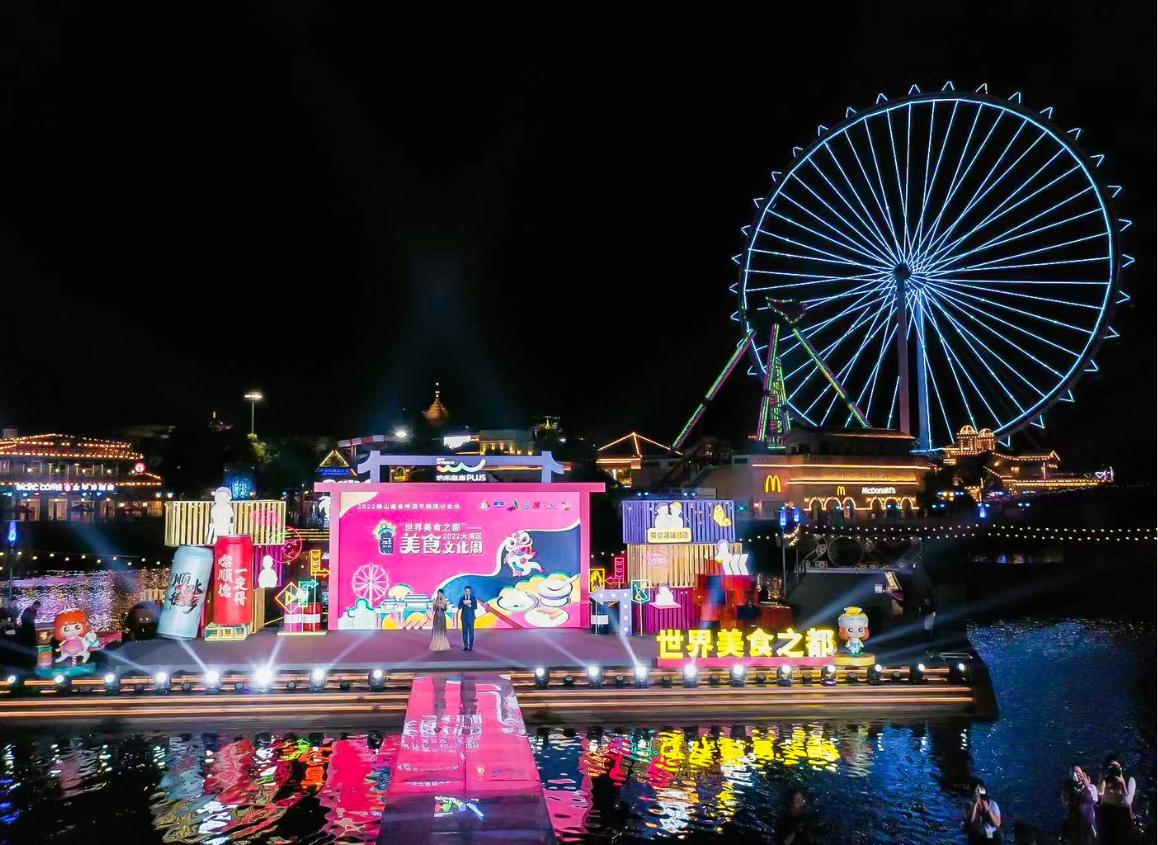
Food and Culture Festival
The Food and Culture Festival has been held for 17 sonsecutive years since 2006. It usually incluses a series of activities like food exhibition and sales, cooking demonstration and exchange, gastronomy culture forum, traditional sports event, cultural and art exhibition, etc. The festival is planned and coordinated by the government, and widely participated by local communities and enterprises. In 2019, Shunde invited 21 creative cities home and abroad to participate in the Shunde Food and Culture Festival, and carried out a series of international activities such as City of Gastronomy Symposium and "Star Chef Show" at the event site. The Food and Culture Festival in 2020 integrated different elements like "Gastronomy + Creativity", "Gastronomy + Music", "Gastronomy + Culture", "Gastronomy + Design",and held offline and online activities including the International Food Design Festival, the "City of Gastronomy" Star Chef Show, Gastronomy Themed Painting Exhibition, etc. More than 200 restaurants participated in the event on site, and more than 3,000 restaurants offered online discount coupon.The total offline visitors of the Food and Culture Festival was about 280,000 and 1.2 million people participated in the online discount activity, which resulted in 15 million yuan of consumption. In 2021, the Food and Culture Festival integrated Shunde cuisine, intangible cultural heritage, cultural and creative products to create a one-stop Shunde food district. During the 2022 Food and Culture Festival, Shunde invited gastronomy cities like Chengdu, Macao, Yangzhou and Huaian to carry out food and culture exchange activities in Shunde. The total visitors was more than 200,000, and the total booth sales exceeded 5 million yuan. During the 2023 Food and Culture Festival, there were a total of 100 food booths, and activities like Marathon, food culture forum, star chef show, folk parade, etc were held. The festival received more than 250,000 visitors within 3 days and reached 12.6 million yuan in food sales. Expected outcomes: a) Promote the development of local catering industry; b) help with the recovery of the local economy after Covid-19; c) promote the influence of Shunde cuisine. Target Audience: Residents, NGO's, private sector, public sector, academic institutions & research centres, cultural institutions, visitors, press & media. Partners: Government, NGOs, private sector, universities or research centres, culinary schools, press, others.
Type of Activity:
Best Practice, Communication, Cooperation Project, News, Open Call, Studies & Research & Evaluations
Read MoreOpen Calls

St. Petersburg breakfast
«St. Petersburg Breakfast» is an important part of the «St. Petersburg Cuisine» project. It is the largest Saint Petersburg restaurant project of the Committee for Tourism development of Saint Petersburg, St. Petersburg Convention Bureau and the electronic portal Fontanka.ru. Within the framework of the project, restaurant festivals are held, during which the city's establishments offer a fashionable and modern menu «St. Petersburg Breakfast». Many dishes on these menus are related to the history of the city by biographies of its famous inhabitants, and even characters in literary works. Expected outcomes: The goal of the «St. Petersburg Breakfast» project is to promote Saint Petersburg as the culinary capital of Russia, to form a unique gastronomic image of the city, as well as to increase the tourist attractiveness of Saint Petersburg for foreign and Russian guests. In addition, the idea of the project is to acquaint guests with the history of the city through unique recipes, for example, through dishes related to the culinary preferences of prominent historical figures of Russia. As a brand, «St. Petersburg Breakfast» is important not only for guests, but also for citizens, in particular young people, to preserve and maintain urban traditions rooted in the history of Saint Petersburg. The project should be associated not only with dishes, but also with their aesthetic perception, reflecting the Saint Petersburg style. Supplementary Information Within the framework of the «St. Petersburg Breakfast» 2 Gastronomic festivals were held. Each of the restaurants prepared two dishes: the first was mandatory («Pancakes from Arina Rodionovna» or «Leningrad crumpets»), the second was chosen by the chef himself. The final of the festival was a gastronomic competition in which 12 chefs participated. In 2023, 99 restaurants took part in the 1st Gastronomic festival. In September 2024, Saint Petersburg hosted the 2nd «St. Petersburg Breakfast» Festival, which was attended by 130 restaurants, cafes, pastry shops and bistros. The event was dedicated to the 225th anniversary of Alexander Pushkin. The participants of the event received technological maps for cooking the «St. Petersburg Breakfast» series, which include a list of ingredients and recipes for famous porridges, pancakes and cheesecakes, as well as Saint Petersburg specialty snacks. Unified technological maps are recognized as an important basis for the development and promotion of the project, while each chef has the right to create their own original interpretation of dishes. The idea of the project is for tourists to be able not only to taste dishes prepared at a high level, but also to learn the culinary preferences of prominent historical figures of Russia. For example, pancakes were named after Alexander Pushkin's nanny, Arina Rodionovna. Target audience: Residents, Visitors, Press & media. Partners: Government, Private sector, Culinary Schools, Press, and other partners. This is an ongoing project.
Type of Activity:
Best Practice, Communication, Cooperation Project, Event, News, Open Call, Policies, Studies & Research & Evaluations
Read More
Food and Culture Festival
The Food and Culture Festival has been held for 17 sonsecutive years since 2006. It usually incluses a series of activities like food exhibition and sales, cooking demonstration and exchange, gastronomy culture forum, traditional sports event, cultural and art exhibition, etc. The festival is planned and coordinated by the government, and widely participated by local communities and enterprises. In 2019, Shunde invited 21 creative cities home and abroad to participate in the Shunde Food and Culture Festival, and carried out a series of international activities such as City of Gastronomy Symposium and "Star Chef Show" at the event site. The Food and Culture Festival in 2020 integrated different elements like "Gastronomy + Creativity", "Gastronomy + Music", "Gastronomy + Culture", "Gastronomy + Design",and held offline and online activities including the International Food Design Festival, the "City of Gastronomy" Star Chef Show, Gastronomy Themed Painting Exhibition, etc. More than 200 restaurants participated in the event on site, and more than 3,000 restaurants offered online discount coupon.The total offline visitors of the Food and Culture Festival was about 280,000 and 1.2 million people participated in the online discount activity, which resulted in 15 million yuan of consumption. In 2021, the Food and Culture Festival integrated Shunde cuisine, intangible cultural heritage, cultural and creative products to create a one-stop Shunde food district. During the 2022 Food and Culture Festival, Shunde invited gastronomy cities like Chengdu, Macao, Yangzhou and Huaian to carry out food and culture exchange activities in Shunde. The total visitors was more than 200,000, and the total booth sales exceeded 5 million yuan. During the 2023 Food and Culture Festival, there were a total of 100 food booths, and activities like Marathon, food culture forum, star chef show, folk parade, etc were held. The festival received more than 250,000 visitors within 3 days and reached 12.6 million yuan in food sales. Expected outcomes: a) Promote the development of local catering industry; b) help with the recovery of the local economy after Covid-19; c) promote the influence of Shunde cuisine. Target Audience: Residents, NGO's, private sector, public sector, academic institutions & research centres, cultural institutions, visitors, press & media. Partners: Government, NGOs, private sector, universities or research centres, culinary schools, press, others.
Type of Activity:
Best Practice, Communication, Cooperation Project, News, Open Call, Studies & Research & Evaluations
Read More